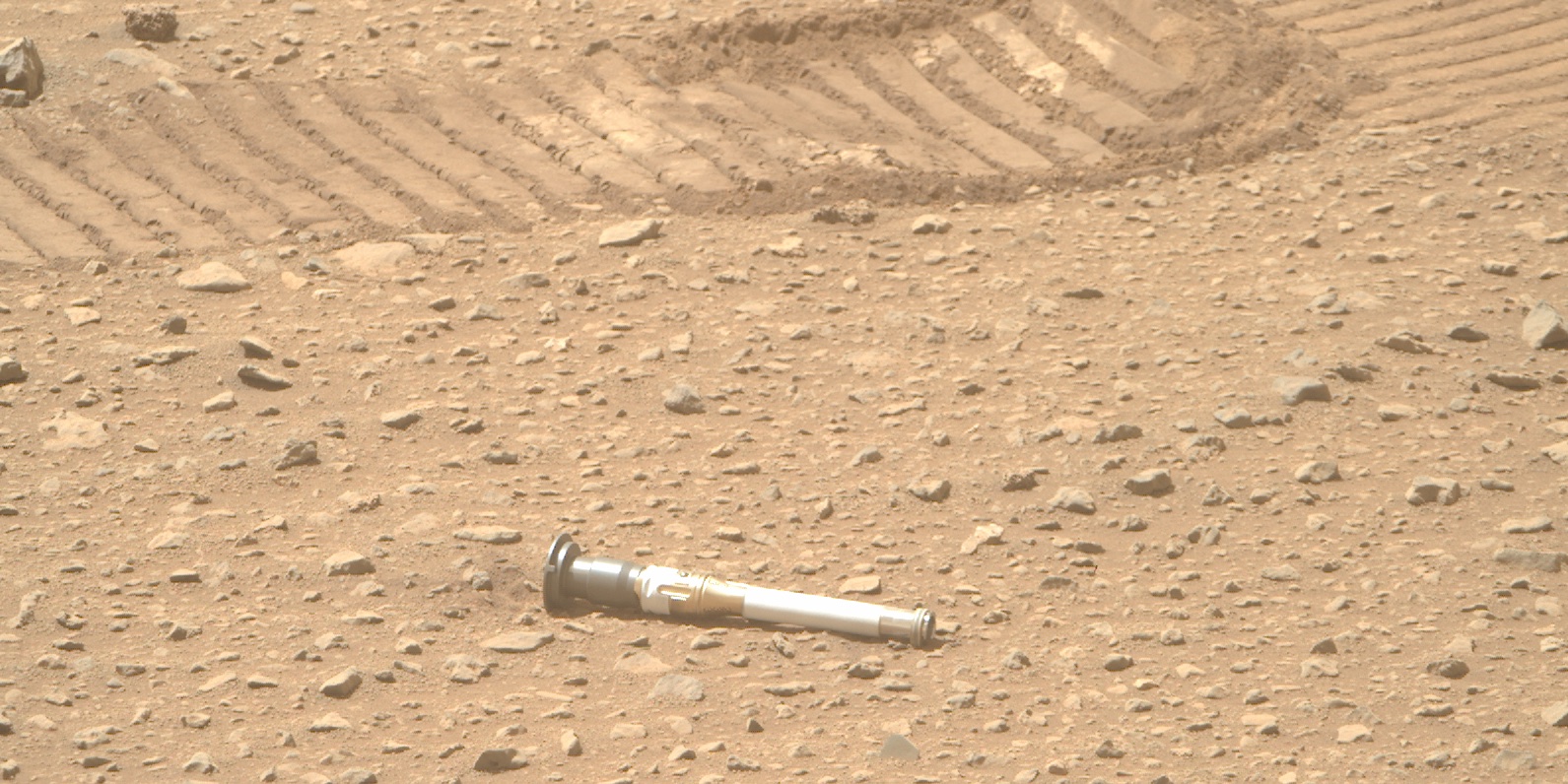
In what I’ve always viewed as a bold move by NASA, since 2021 Perseverance has been collecting Martian core samples for future return. The issue is a return plan wasn’t finalized or paid for before launch, which in recent years has been under attack by Congress who wants a lighter budget. On Monday NASA conceded to complaints that it’s too expensive.
NASA looking for new Mars Sample Return plans
In a press conference Monday afternoon, NASA Administrator Bill Nelson announced that it will be looking for proposals from the industry, JPL, and all NASA centers for how to get Perseverance’s samples back cheaper and sooner that the 2040s.
Over the years, NASA has been pushing to make the Mars Sample Return program work. However, each review came back with worse and worse news, too expensive and too late. In the end of last year, a second independent review board came out saying MSR would cost $11 billion and wouldn’t return samples until the 2040s.
In comparison, SpaceX is hoping to begin landing humans on Mars and start construction of a colony by that time (if everything remains on schedule).
The request was extremely vague, no timelines, price caps, or architecture requirements, just give NASA a proposal by this fall. This means anyone, inside or outside the agency could submit a proposal and out of those, NASA will fund a few studies.
While interplanetary missions have usually only been attempted by nations, that status quo is about to flip with both SpaceX and Rocket Lab planning missions outside of Earth and the Moon. You can pretty much guarantee SpaceX will bid for this mission with Starship, why wouldn’t they take some free money to continue their company’s goal?
Outside of SpaceX however, the pool of potential industry candidates are slim. Traditional “old space” contractors like Lockheed Martin, Northrop Grumman, and Boeing could and most likely will submit proposals but the timelines and cost constraints would be difficult for them to probably pull off as they have a history of blowing past deadlines and budget caps.
Likely we’ll see several new space companies team up with old space ones to get a chance at retiring the first ever Martian samples to Earth, samples that could potentially give us an answer on if life existed on Mars or not.
Join our Discord Server: Join the community with forums and chatrooms about space!
Should we punish NASA for finally being bold?
Ever since the end of the Apollo Program, NASA has been ridiculed for its lack of bold and ambitious plans for future space exploration. NASA’s Martian exploration programs have always been huge hits both with Congress and the public, so why should we blame NASA for trying to get as much as they can out of it?
What once was a powerhouse of exciting and dream filled programs, now NASA only rarely captivates the world with what it’s doing. It’s not entirely their fault, they are doing a lot so it might just be hard to keep track of everything. Also it’s not like what they’re doing isn’t important, almost all of it is, but sometimes the important stuff isn’t front page material.
Between its climate tracking satellites, 20+ years of research in LEO, and breakthroughs in aeronautical tech, all have potential to change our lives here on Earth. However, they are way less exciting than missions like Perseverance, Ingenuity, and Artemis.
Like I stated at the start of this article, taking up valuable space on Perseverance for samples that don’t yet have a ride home is bold. A bold mission that pushes what is currently possible and challenges innovators to come up with new ways to think about interplanetary missions. This is basically what we need NASA to be doing with all its programs.
However, just because it’s bold and exciting should that justify the potential cuts and cancelations needed to other science missions? It’s a hard decision but likely the only one Nelson can make in the current climate of budget cuts and the attempt to wrangle in government spending.
While the Department of Defense can spend billions here and there like it’s candy, when it comes to NASA, they have to fight for the millions it gets that do nothing but good for the world.
FTC: We use income earning auto affiliate links. More.



Comments